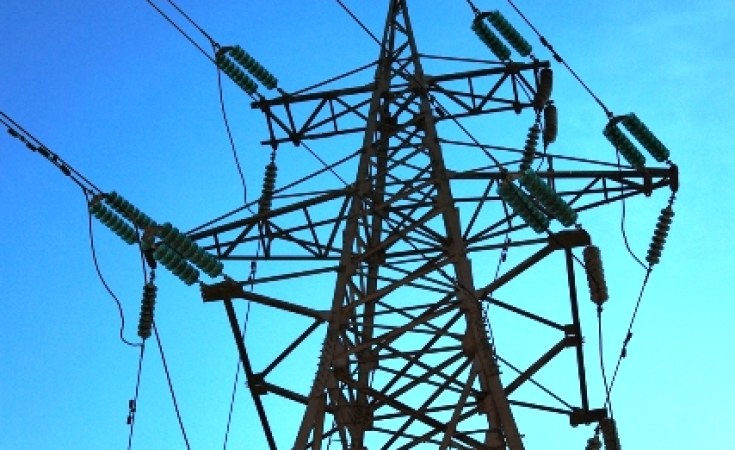The Somali region of Ethiopia is set to become home to a massive 300-megawatt wind power plant, with a projected cost of $600 million.
The agreement for the construction of this wind power station was signed in side line of COP28 event by Finance Minister Ahmed Shede and the United Arab Emirates Power Company in Dubai.
Located in the Aisha zone of the Somali region, this wind power plant will have the capacity to generate 300 megawatts of power.
The project will be spearheaded by AMEA Power, a company based in the United Arab Emirates.
Once completed, this wind farm will be the largest investment in a government-private partnership and the biggest wind power plant in East Africa.
Ethiopia has become a trailblazer in utilizing renewable energy sources to meet its electricity needs.
Currently, the country has three wind power stations generating electricity in the Tigray, Somali, and Oromia regions.
The African Development Bank has estimated that Ethiopia has the potential to generate 10 gigawatts of energy from wind power alone.
Presently, it is already producing 324 megawatts of power from wind sources.
In addition to meeting its own electricity demands, Ethiopia has also been exporting electricity to neighboring countries such as Sudan, Kenya, and Djibouti.
The Ministry of Finance is currently involved in negotiations and feasibility studies to expand power sales to South Sudan, Somalia, and Tanzania from the following year.
In the current fiscal year, Ethiopian Electric Power plans to export over 2993 gigawatts of electricity to neighboring countries, aiming to generate revenue of up to $182 million or 10 billion birr.
However, criticisms have been raised about the government’s decision to export electricity while a significant portion of Ethiopians still lack access to it.
Currently, only 52 percent of the population has electricity.
Ethiopian Electric Power has defended their position by stating that power exports are conducted during non-peak hours and especially at night when domestic operations are minimal.
The revenue generated from these sales is crucial for addressing the shortage of foreign currency faced by the government.
